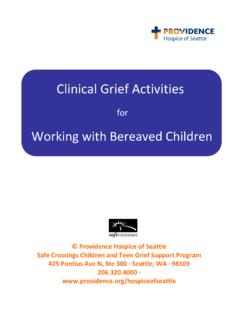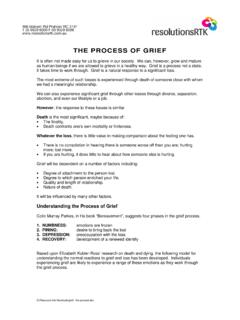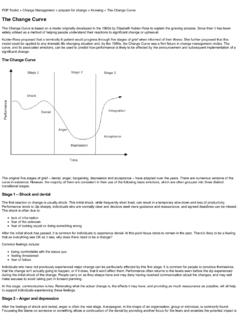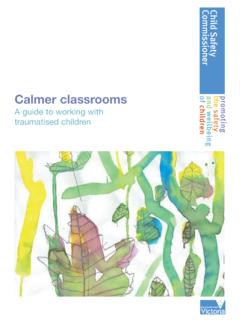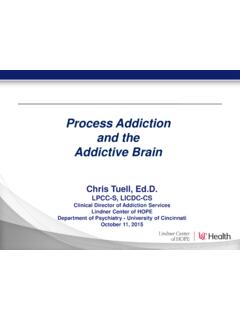Grief The Process
Found 10 free book(s)Clinical Grief Activities - Weebly
schoolcounselorsconnect.weebly.comClinical Grief Activities for Working with Bereaved Children Introduction: Each of us will face the death of a loved one at some time in our lives. As adults, we seek help from family, friends, and outside supports during the grief process. But who helps a …
Coping with Grief
fammed.wisc.eduOver time and by doing grief work, you can learn to live well despite your loss. William Worden described four tasks people do when grieving a loss. TASKS OF MOURNING Task I: To accept the reality of the loss. Task II: To process the pain of grief Task III: To adjust to a …
The Seven Stages of Grief - Social Work Tech
www.socialworktech.comThe Seven Stages of Grief This work is licensed under a Creative Commons Attribution-NonCommercial-NoDerivs 3.0 Unported License. Based on work by Wright, J. (2011). 7 stages of grief: through the process and back to life.
grief - the process
federation.edu.auResolutionsRTK » The Process of Grief 6 S:\Resource Info Handouts\grief - the process.doc In Conclusion: Be Aware: Remember that working through grief is a normal and necessary process. Be There: Learn to be with the person, not to solve the problem. Be Sensitive: Allow the distress and do not try to take it away. Be Human: Allow expression of feelings (guilt, anger, sorrow, depression) without
A GUIDE TO CHILDREN’S Grief, Loss & Healing
www.everystep.orggrief- talking, crying, etc. as “having problems with a loss”, when this is normal for up to 2 years after a loss. Grief is not something that ends in a few weeks or months. • Teachers can mistake a student’s lack of open expressions of grief as “not really having any problems with the loss.” Children learn to hide grief so they don’t
Grief & Loss - My Group Guide
www.mygroupguide.com-Experiencing grief can be a whirlwind. We go through so many different emotions, but we don’t always have the time to stop and fully process them -We end up burying our emotions (because they’re intense, and we don’t want to feel them) -However, it’s important to discuss our grief so we can take a step towards healing Grief & Loss
Grief Therapy and the Reconstruction of Meaning: From ...
hospicewhispers.comGrief Therapy and the Reconstruction of Meaning: From Principles to Practice Robert A. Neimeyer • Laurie A. Burke • Michael M. Mackay • Jessica G. van Dyke Stringer! Springer Science+Business Media, LLC 2009 Abstract Viewed from a constructivist perspective, grieving is a process of reconstructing a world of meaning that has been ...
The Change Curve - University of Exeter
www.exeter.ac.ukThe Change Curve is based on a model originally developed in the 1960s by Elisabeth Kubler-Ross to explain the grieving process. Since then it has been widely utilised as a method of helping people understand their reactions to significant change or upheaval.
584 Calmer Classrooms
earlytraumagrief.anu.edu.authis process the caregiver plays the critical role. The caregiver is the leader of the child, helping the child to know their own feeling states by giving words to their experience (oh, you look tired, what a beautiful smile, you look so happy, you’re really upset now); helping the child to …
Process Addiction and the Addictive Brain
www.naadac.orgOct 11, 2015 · the addictive brain in this process. • Participants will understand the key issues associated with individuals exhibiting Behavioral Addictions, as well as the unique characteristics of each type. • Participants will learn the similarities and differences between Behavioral and Chemical Addictions and the
